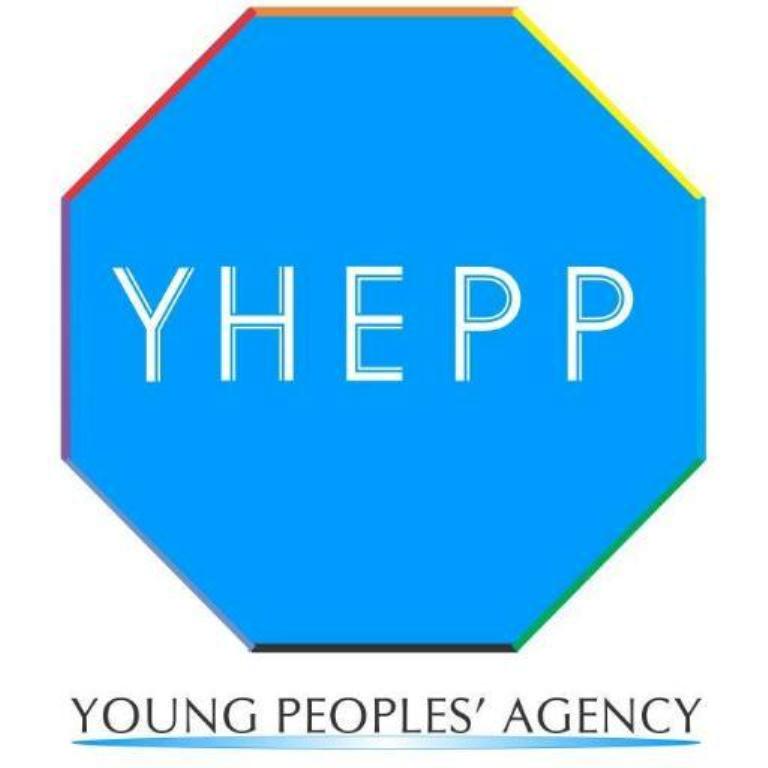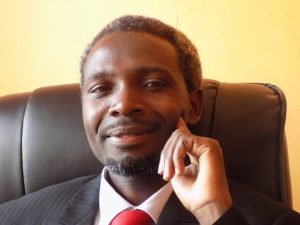 Kenya’s Youth Health and Psychosocial Program this week released a well thought out document listing ten reasons why their government should decriminalize homosexuality. The four page document titled TEN REASONS WHY KENYA SHOULD DECRIMINALISE HOMOSEXUALITY (A YOUTHFUL PERSPECTIVE) takes on the issues that continue to affect LGBTI persons in not only Kenya but Africa as a whole.
Kenya’s Youth Health and Psychosocial Program this week released a well thought out document listing ten reasons why their government should decriminalize homosexuality. The four page document titled TEN REASONS WHY KENYA SHOULD DECRIMINALISE HOMOSEXUALITY (A YOUTHFUL PERSPECTIVE) takes on the issues that continue to affect LGBTI persons in not only Kenya but Africa as a whole.
According to the released essay, consensual same-sex conduct is still illegal in about 38 African countries including Kenya. Only about 16 African countries have no criminal law against homosexuality. Over the past five years, we have seen attempts to further criminalize consented homosexual acts in Uganda, Liberia, Nigeria, South Sudan and Burundi.
At the same time muslim countries such as Mali, Jordan, Indonesia, Turkey and Albania do not have criminal laws against consented homosexual acts between adults. Just about two months ago, a newly ordained leader of the Anglican believers in Nairobi publicly declared that their church (The Anglican Church) will not support homosexuality in its entirety. While it is not clear whether this position will be in place through his tenure alone or not, it openly reiterated the anti-gay position that has been taken by the larger Faith community.
Gay and Lesbian youth in Nairobi still continue to be victims of violence and bias based on their known and/or perceived sexual orientation. Backed by homophobic individuals and the larger system, gay youth in Nairobi communities (including gay immigrant youth) continue to lag behind in youth social development, access to social services and certain immigration services. A large number of unemployed and ‘O’ level gay youth have turned to sex work as a means to catch up with the highly competitive local economy -that mostly rewards those who observe culture and higher education. And according to a court ruling in Mombasa, if a gay person is suspected of having anal sex, anal testing can be carried out by relevant authorities with or without the consent of suspects. In order to realize equal sexual rights and equal social opportunities, gay youth have taken their collective position and listed the following benefits if anti-gay laws are removed.
- Will improve access to and appreciation for education. Most gay youth grow up believing that they have to hide their sexual identity or otherwise face rejection and punishment. This internalized stigma extends to social spheres where many gay youth fear appearing in social spaces and some social centers.
- Will jumpstart and advance social development of gay youth. Social stigma, internalized stigma and persistent homophobia has contributed to poor development of individual gay youth in Nairobi. There is profound fear of coming out, accepting one self and pursuing activities such as entrepreneurship and civil activism. Most gay youth believe (some through experience) that if they start a micro business or start an organized group that looks into their issues, they might become victims of homophobic bias, abuse or violence from individuals or public officials.
- Will improve local economy. Some organized groups and corporations are still shy of making major decisions to invest in Kenya – especially those who have inclusive investment policies and those corporations owned by gay couples or individuals. While there is no currency labeled ‘gay money,’ inclusive investors and gay investments in Kenya would open job opportunities to vulnerable groups and the less vulnerable people.
- Will strengthen families and faith communities. The family is the basic fundamental social unit in Kenya. Yet the family has been the greatest source of discomfort to most gay youth who insist on being their true selves. Many families still remain ignorant on issues of diversity of sexuality and gender identity. In fact, it is difficult for most families to believe that men who marry women and have children could as well be gay. As a result some gay youth have committed suicide due to family pressure to conform and/or marry someone of a gender or sexuality they do not prefer. Some gay youth have run away from home and gone to live in the streets.
- Will improve access to social justice and enjoyment of fundamental rights. Because of discrimination, gay youth have profound fear of seeking assistance from authorities in the event of sexual violence. It is difficult for a gay youth to approach the Police and narrate an abusive ordeal with canal knowledge details because already gay people are discriminated, stigmatiozed and the law has harsh penalty for anal sex. Most times, cases of violence against gay youth hardly make it through the judicial process because of bias of fears. Some police authorities and concerned people do not take violence against gay youth as serious as they do take cases from other social groups.
- Will improve peace and relations between law enforcement and youth. Most gay youth fear law enforcement authorities because of the history of violence and bias from them. Some gay youth could be radicalized and hate their own police and judicial servants. The police are meant to protect every person. Judicial servants are also charged with ensuring fairness to every person. In deed the police and the judicial system as a whole should be the one of the safest refuge point for gay youth. Biased judgments, disregard for constitutional provisions in Chapter Four (4) of the Kenyan Constitution 2010, police harassment and arbitrary arrests have kept gay youth away and gay youth grow up hating and or doubting the police.
- Will open minority groups to research and social studies. There are serious personal and social challenges within the gay community. Ranging from health to security and to psychosocial issues. Some challenges of psychosocial nature (stigma, depression, PTSD, self-confidence, skills, etc) and health (abortion, HIV.AIDS, STDs etc) may require short-term and long-term scientific approach. Researchers or bodies that study community challenges for the better do not have sufficient access to and trust of gay youth because of the complexities involved in working with gay youth on sexual issues in a country where, even consensual gay sex is criminalized.
- Will improve access and enjoyment of key social services. Gay youth do not fully enjoy some public services because of their sexual orientation. As a result, many other gay youth have been shy of seeking some social services from public service providers because they fear being outed, stigmatized or handed over to the police. Most people do not understand the difference between sexual identity of a gay person and anal sex between gay people. Certain infections and or health issues of gay youth also keeps them away from public service providers and opt for private or community centers that may not be fully equipped or have limited services.
- Will shape immigration policies. Kenya is a host to the largest refugee population in Africa, most of who come from the Great Lakes Region. Among these refugees are gay refugees who mostly run away from anti-gay law and its consequences in Uganda, Rwanda, Congo and Somalia among others. Even in the country of asylum (Kenya), gay refugee youth still face stigma and discrimination because of their known or perceived gender identity. Their dreams of living with a partner of their choice is cut short by some of both Kenyan and protection policies.
- Will encourage patriotism. Gay youth will put their efforts to educate every person about diversity after the laws are removed. It will show everyone that Kenya is practically inclusive, willing to listen and is willing to commit to her words of peace, love and equality in the constitution and the national anthem. Every gay person who has had doubts or hate because of violence and discrimination will suddenly love their country.
To read the full statement please click yhre




